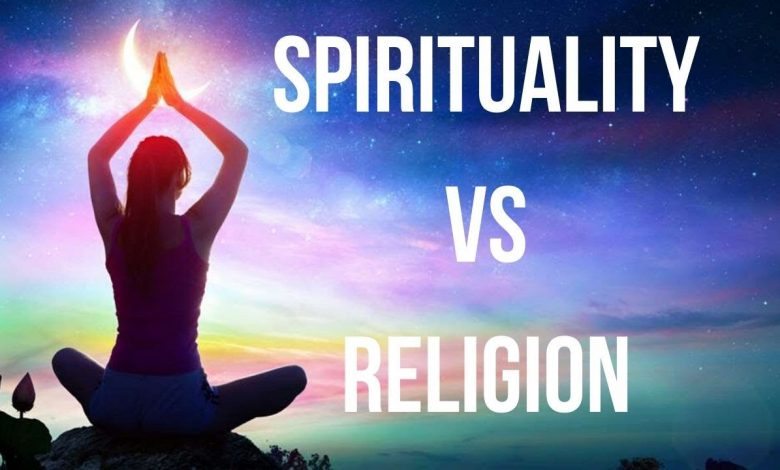
Is Meditation A Religious Practice
If you asked many people the title of the most important aspect of meditation, and almost all would immediately mention meditation as being spiritual, perhaps without even knowing what it is, one question that would never be asked is “Is meditation a religion?” This article will address the first two questions. In fact, the more specific we can get in defining what we mean by these terms, the more specific our understanding becomes. After reading this article, you should know better how to understand the nature of religion and meditation.
The most common answer to the question “is meditation a religion?” Is “a spiritual practice that involves a person’s internal search for peace and inner understanding.” According to Richard R. Powell, author of A Dictionary of Modern Buddhism, “Meditation is a quest, or voyage, undertaken to purify the mind, to reach enlightenment.” Richard R. Powell, the author of A Dictionary of Contemporary Buddhist Meditation, also defines meditation as “a state of complete inner relaxation, free from worldly anxieties and emotional disturbances.”
Religious or spiritual meditation is a common theme throughout the world, regardless of religious beliefs and is a long-accepted practise dating back to antiquity. Many cultures and religions encourage meditation, such as Zen monasteries in Japan, which are oftentimes described as “means of enlightenment.” Religious meditation has different forms and can include praying, contemplation, thought meditation, prayer, and even just sitting comfortably and quieting your thoughts. The purpose of practising any form of meditation is to find a deeper sense of self, unity with God, and a greater understanding of life. Different forms of meditation include focused breathing, mantra, yoga, as well as different types of meditation such as Pure mindfulness meditation, Authentic presence meditation, dynamic meditation, mental walking, or progressive muscle relaxation.
Richard R. Powell, the author of A Dictionary of Contemporary Buddhism, sums up the question, “What is meditation?” By saying, “Meditation is not a religious activity and is not directed toward an unseen divine reality. It is a process that can help you become aware of your own body, emotions, and thoughts so that you can gain insight into how they fit together and interact.” Richard R. Powell, the author of A dictionary of contemporary Buddhism, also defines meditation as “an art of emptying the mind so that it can achieve heightened levels of mental and physical awareness.”
Those that practise meditation say that it is not about being in a state of constant wakefulness or one wherein they are constantly watching their thoughts, but rather that they are learning how to be still in a non-critical manner. For some people, it may take days or weeks to fully learn how to quiet their minds, but it is important to note that this must not prevent them from enjoying the many health benefits that can come from regular meditation. Indeed, the true focus and purpose of meditation are not about how it affects the body or your thoughts, but rather on how it affects the spirit. Many people who are interested in learning to meditate note that God speaks to them while they are in meditation, providing them with deep insight and spiritual guidance.
How Does A Person Decide If Meditation Is A Religion
One way to determine if you are practising meditation in a spiritual manner is if you feel a deep connection with God, heaven, or the Buddha when you meditate. In fact, many religions encourage meditation and walking meditation as a way of gaining insight into the deeper meaning of life and discovering a higher consciousness level. So does walking meditation affect your spiritual life?
Final Thoughts
The short answer to the question, “Is meditation a religion?” The answer is NO, because walking meditation is not based on any type of belief system or ritual. Walking meditation is simply an exercise you can do to improve your general level of health and well-being by allowing your mind and body to become quiet and rested. By learning to control your breathing and quiet your mind, you can clear your mind and bring yourself into a deeply relaxed state of being. There are no religious beliefs or practices involved at all – it’s purely a non-religious, healthy approach to getting in touch with yourself.
If you are asking, “Is meditation a religious practice?”, it may be helpful to take a look at the benefits of regular meditation and how it can benefit your overall well being such as physical, mental, and spiritual health. You may find that by making walking and awareness a part of your daily meditation routine, you can reap the same health benefits as those who choose to follow a more traditional form of spirituality.




